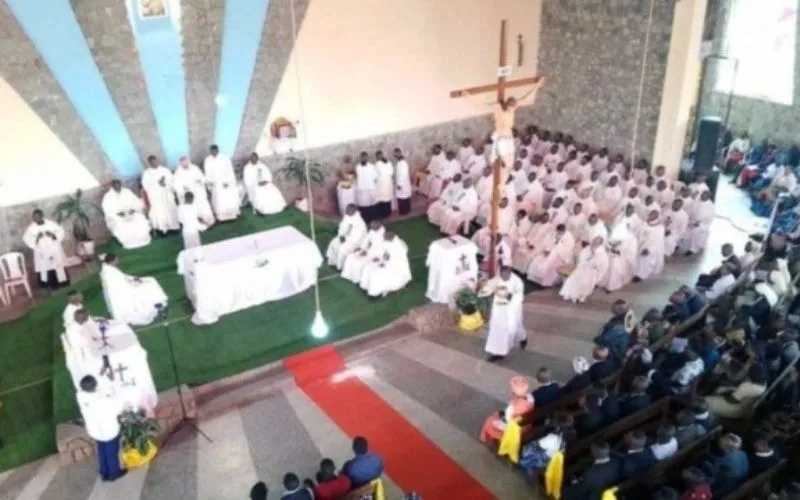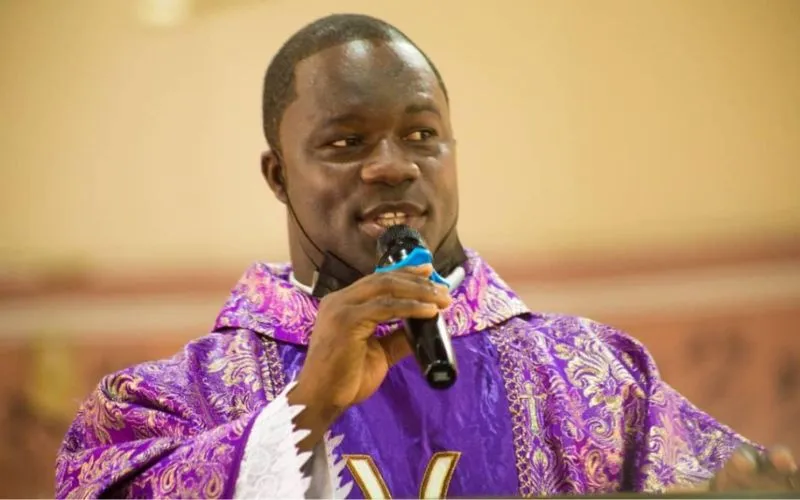Luanda, 13 May, 2025 / 4:43 pm (ACI Africa).
On the annual event of the World Day of Prayer for Vocations 2025 marked on the Fourth Sunday of Easter, also known as Good Shepherd Sunday, Catholic Bishops in various Angolan Episcopal Sees have called upon the faithful to foster vocations to Priestly and Religious Life through spiritual solidarity, encouragement, and material donations.
In Angola’s Catholic Archdiocese of Huambo, the Local Ordinary called on families, especially parents and guardians, to take an active role in fostering vocations.
In his homily at St. Teresa of Ávila Parish of his Metropolitan See on May 11, Archbishop Zeferino Zeca Martins said, “Do not forget to entrust your sons and daughters to Consecrated Life, and your brothers as well. When a brother at home says, ‘Look, I have a vocation; I want to enter Consecrated Life; I want to become a Priest,’ help him spiritually, but also materially.”
This support, Archbishop Zeca clarified, is not merely an act of goodwill, but an obligation for all Christians, rooted in their Baptism.
“All Christians must pray and work for vocations, because this is their duty, stemming from their Baptismal Consecration and based on Christ’s missionary mandate: ‘Go into all the world and proclaim the Gospel,’” the Angolan member of the Society of the Divine Word (SVD) said.





